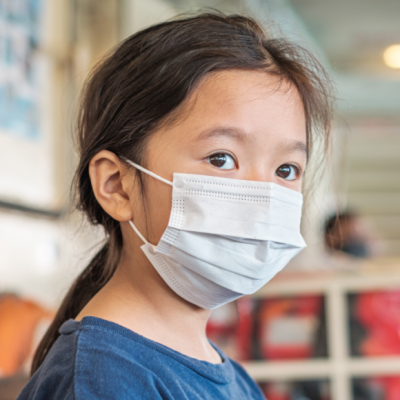A recent study conducted by Copenhagen University Hospital has found that surgical masks do not provide significant protection against SARS-CoV-2 infection for the wearer. The study, published in the Annals of Internal Medicine, did not make any claims about whether surgical masks, commonly used as everyday masks or mouth-nose protection (MNS) during the Covid-19 pandemic, reduce the risk of infection for others or contribute to the containment of the pandemic. However, a recent Canadian study found that a general mask mandate in public reduces SARS-CoV-2 infections by at least 25%.
The study, called Danmask-19 (Danish Study to Assess Face Masks for the Protection Against COVID-19 Infection), was conducted from April 12 to June 2 in Denmark. During this time, the population was encouraged to practice social distancing and increased hand hygiene, but there was no general recommendation to wear an MNS. The study aimed to investigate whether masks protect their wearers in an environment where people without MNS are also present. To examine the effects of surgical masks on the infection risk of wearers, the scientists randomly divided 6,024 adults who spent more than three hours outdoors per day into two groups. One group received 50 three-layer surgical masks (Type II EN 14683) with a filtration rate of 98%, which they were to wear outdoors. The control group was to stay outdoors without an MNS. The researchers then examined whether there were differences in the number of new SARS-CoV-2 infections between the two groups.
The study found that there was no significant difference in the number of new infections between the mask group and the control group. The odds ratio of 0.82 with a 95% confidence interval (0.54 to 1.23) indicates that a mask tends to reduce the infection risk by about 18%. However, the wide confidence interval suggests that the study’s results range from a 46% reduction in risk to a 23% increase in risk. In summary, the study shows that from a scientific perspective, the protective effect of an MNS for the wearer is not detectable. The study also did not find any protective effect for other respiratory infections. Therefore, the authors of the study recommend that mask wearers continue to follow protective measures such as social distancing and good hand hygiene.









